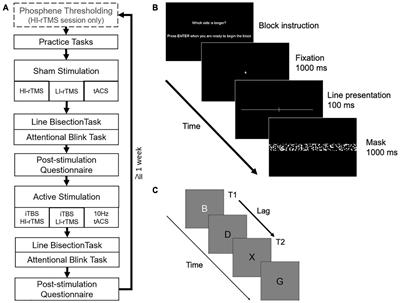EDITORIAL
Published on 16 May 2023
Editorial: Brain stimulation in cognition and disease
doi 10.3389/fnins.2023.1213272
- 1,011 views
- 1 citation
10k
Total downloads
35k
Total views and downloads
EDITORIAL
Published on 16 May 2023
REVIEW
Published on 05 Apr 2023
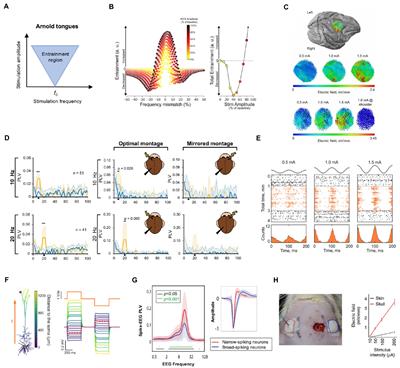
ORIGINAL RESEARCH
Published on 09 Mar 2023
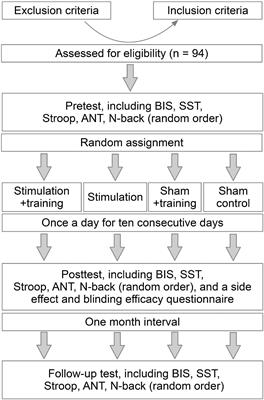
ORIGINAL RESEARCH
Published on 07 Feb 2023
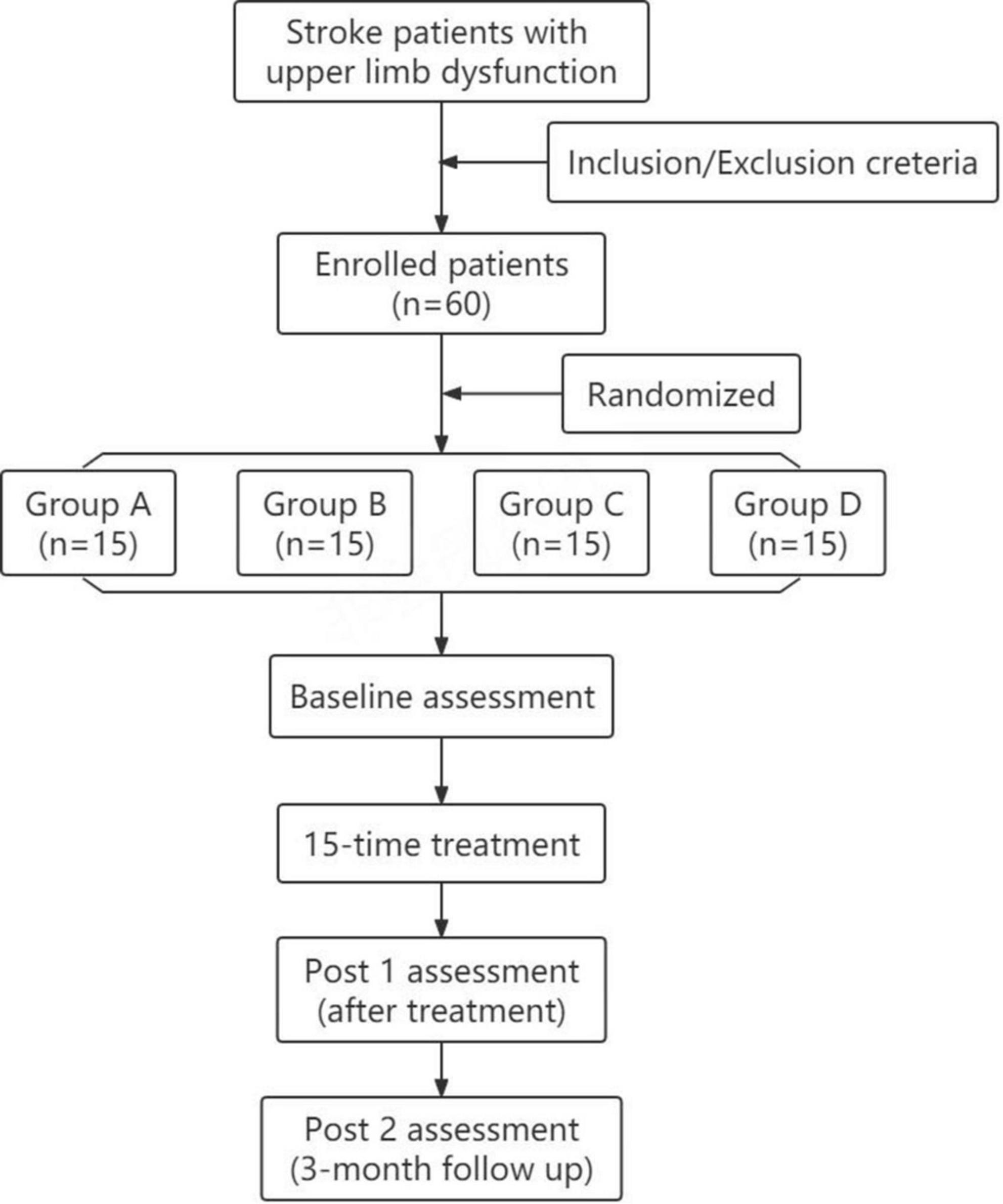
SYSTEMATIC REVIEW
Published on 23 Jan 2023
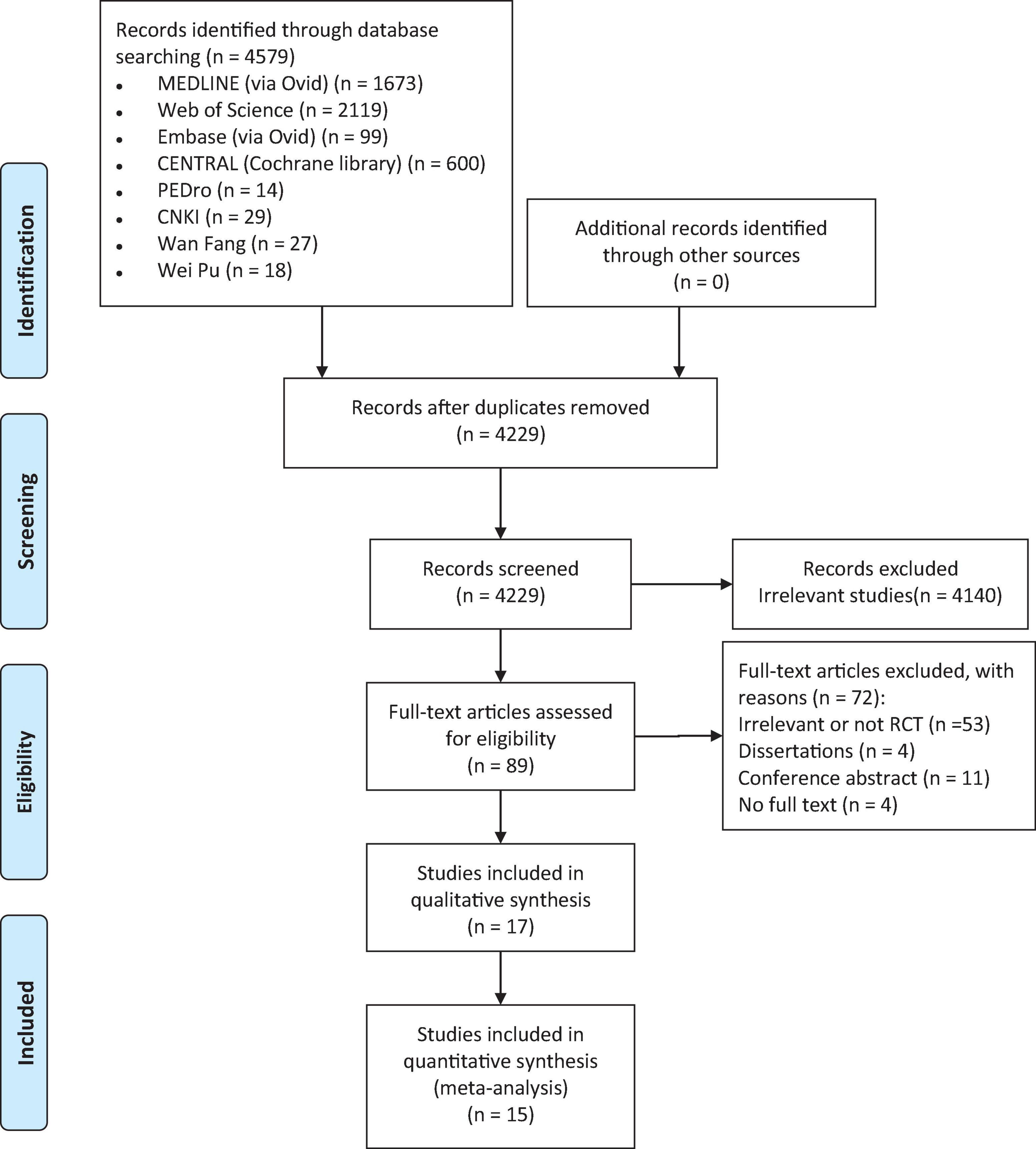
SYSTEMATIC REVIEW
Published on 28 Dec 2022
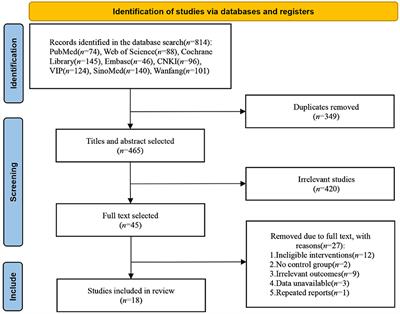
ORIGINAL RESEARCH
Published on 14 Sep 2022
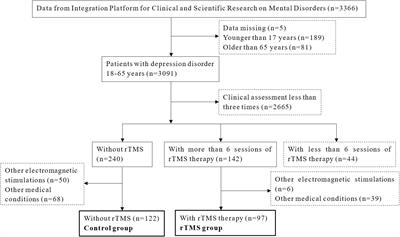
ORIGINAL RESEARCH
Published on 08 Sep 2022
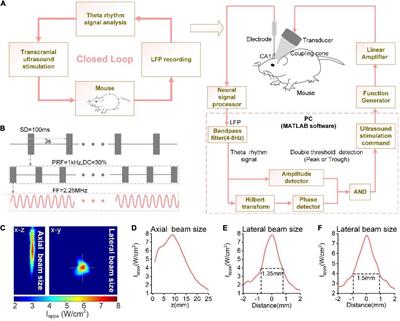
ORIGINAL RESEARCH
Published on 18 Aug 2022
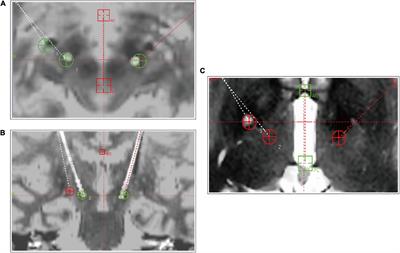
ORIGINAL RESEARCH
Published on 29 Jul 2022
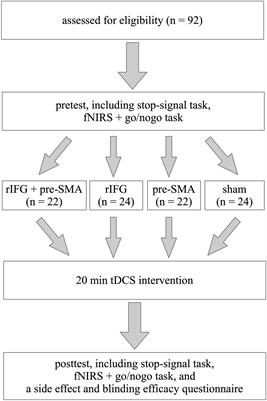
REVIEW
Published on 13 Jul 2022
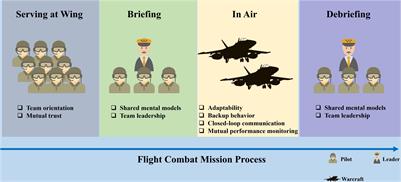
ORIGINAL RESEARCH
Published on 14 Jun 2022
